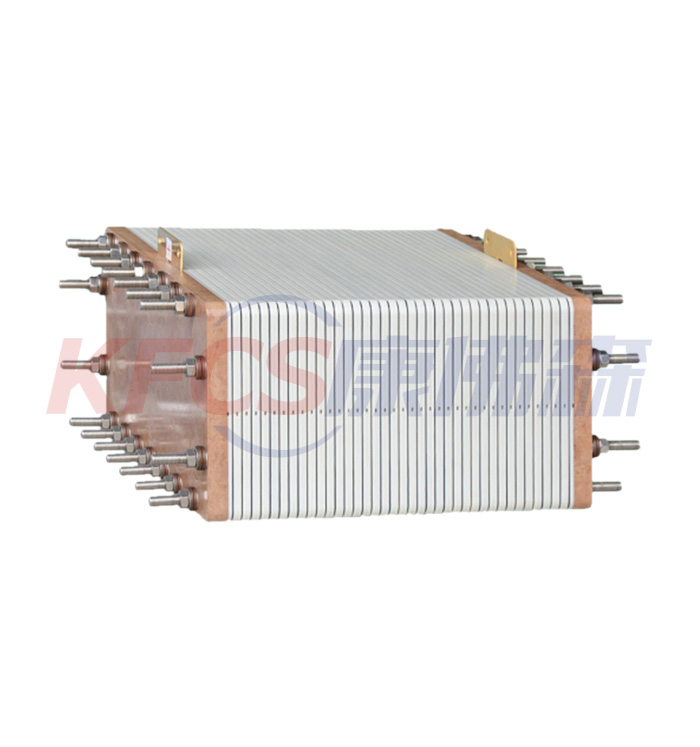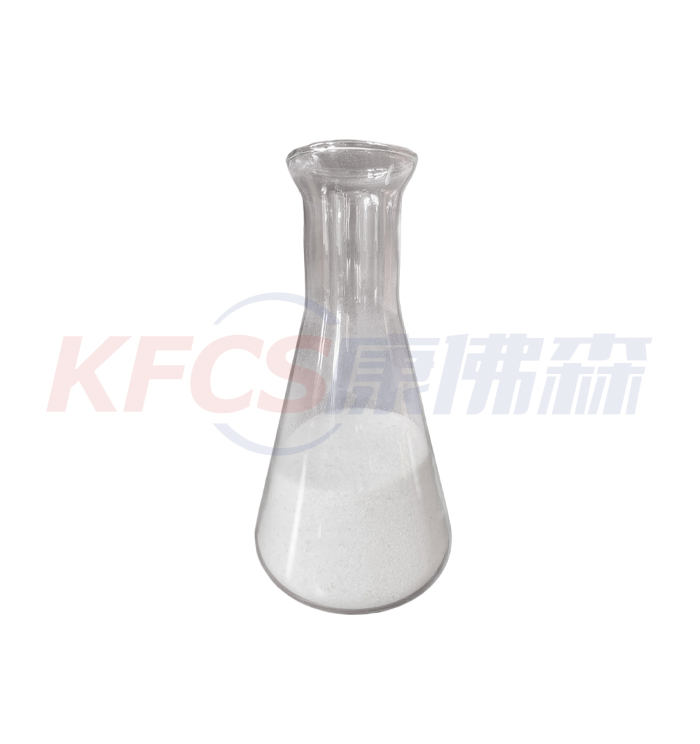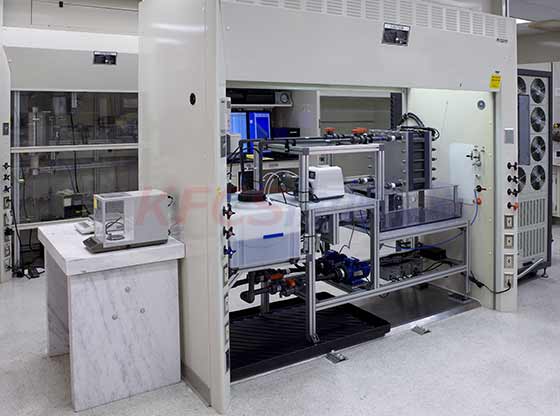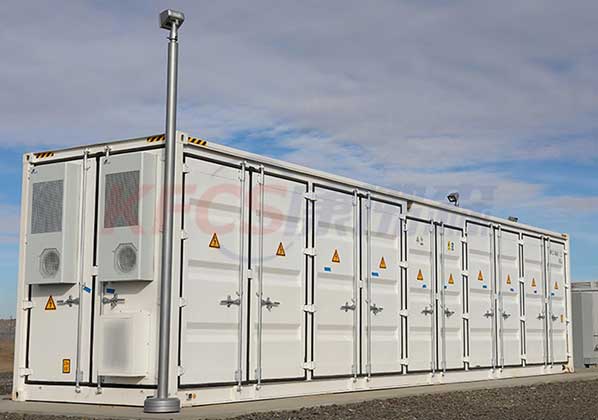Power Battery Recovery
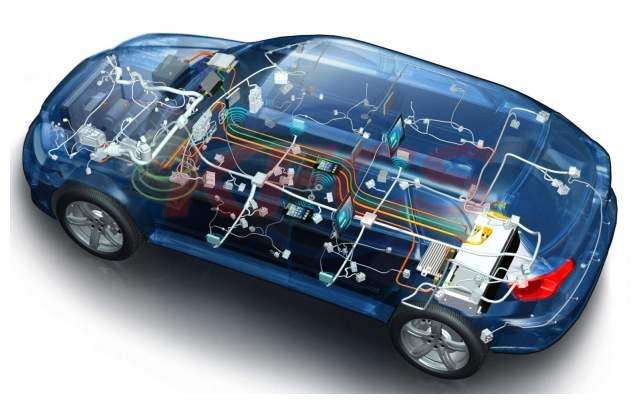
Disassembly and recycling of power battery
The disassembly and recycling of power battery mainly refers to physical method (mainly dry method). In fact, battery recycling also includes chemical method (mainly wet method) and biological method. After the valuable materials are recovered by chemical method, it is necessary to adjust the material proportion in the solution by adding chemical substances to prepare the anode and cathode materials of lithium-ion battery; Biological law is to use specific microbial metabolism to dissolve battery components into medium solution.
Dry recovery: directly recover all kinds of battery materials or valuable metals without solution and other media, mainly including mechanical separation method and high-temperature pyrolysis method; More heavy metals such as mercury, nickel and zinc can be recovered; It may cause secondary pollution and relatively high energy consumption
Wet recovery: it is a process of crushing and sorting, dissolution leaching, separation and recovery of lithium batteries. It mainly includes three methods: hydrometallurgy, chemical extraction and ion exchange Low requirements for equipment and operation, multiple choices of chemical reactions, high product purity, reasonable control of feeding and no impact on air Slow reaction speed, small material throughput, complex process, high cost and low value of recovered products
Biological recovery technology: the technology mainly uses microbial leaching to transform the useful components of the system; It is a soluble compound and is selectively dissolved to achieve high target component and impurity component, and finally recover valuable metals such as lithium, cobalt and nickel; Low cost, low pollution, low energy consumption and reusable microorganisms; The cultivation of microbial fungi is difficult and the leaching environment requires high.
About News
- World's largest lithium-vanadium hybrid energy storage system starts up at Oxford Energy Centre
- 1-50kw all-vanadium redox flow battery energy storage system
- Smart Energy Storage System Micro-grid Monitoring System
- Recycling of used lithium batteries helps protect the environment
- Sequoia materials company recycles 6gwh waste lithium batteries every year
- China's battery industry will express development
- Focus on 315, the construction of lithium battery energy storage fire protection system behind the fire risk of new energy vehicles
- 500MW! Sweden's OX2 acquires Greek wind and solar projects
- Introduction to Vanadium Batteries
- New progress in lithium-sulfur battery research: special sulfides do not react with carbonate electrolytes
Products


